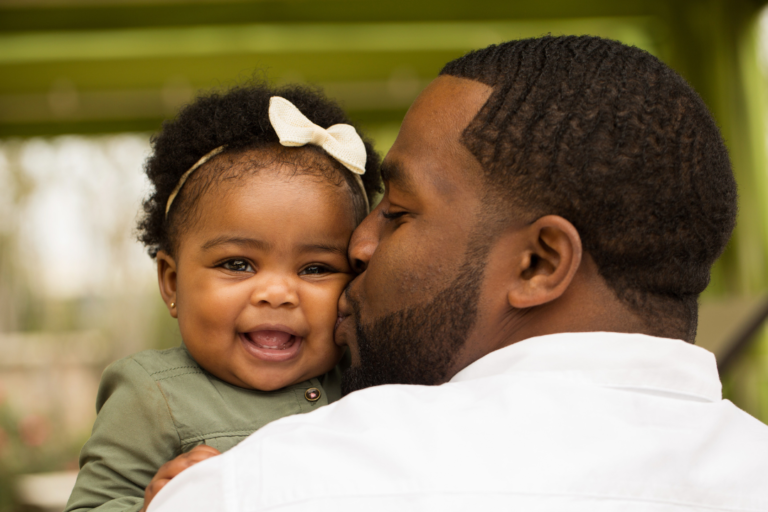TV and your baby is probably something you thought about when you were expecting. In fact, most of us well-meaning parents swore we would never allow excessive TV time for our children. It is amazing how many of the things we said we’d never do before we had kids, become broken rules and disillusioned ideals after our little ones arrive.
How many of us vowed that our babies would never have a dummy only to find that this useful tool brings peace to the home? Others may have pledged that their “lives would not be disrupted by the baby”, only to discover that disruption was an understatement. My personal best is the issue of TV!
I swore that my kids would not watch TV and that I would not use it as a babysitter! Now, three kids and a few businesses down the line, my tune has changed, of course. My children do watch some TV, but it is limited.
There is enormous research about the effect of TV on children and infants. I want to share the research with you and set out ideal principles for TV viewing in children under the age of three.
TV and your baby’s language & intelligence
Do not for one minute think that TV benefits your baby’s intelligence or language development. TV is void of physical contact and emotional tone and we know that language is learned in the context of an emotional interaction. When you cuddle your baby and tell her she is a clever girl, she makes language connections in the brain. When you take her to a farm and show her a smelly pigsty, she can generalize the experience and learn from it. TV has none of these qualities.
Earlier research cited in Time magazine stated: “…every hour per day spent watching baby DVDs and videos, infants learned six to eight fewer new vocabulary words than babies who never watched the videos. These products had the strongest detrimental effect on babies 8 to 16 months old, the age at which language skills are starting to form. The more videos they watched, the fewer words they knew,” says Christakis. “These babies scored about 10% lower on language skills than infants who had not watched these videos.”
TV and violence
Children who watch a lot of TV are frequently viewing material that is of a violent nature. Cartoons, fantasy shows and wrestling display very high levels of violence. Babies and toddlers cannot separate this fantasy from reality. There is evidence that the more TV children watch, the more violent behaviour is exhibited.
TV’s impact on play skills and imagination
TV makes no demands of us on a cognitive and interactive level. In fact, brain imaging shows there is less neural activity when a child watches TV than when they sleep. Compare this to a toy where children need to plan, problem-solve or imagine and you realize that TV has no benefits for play.
So without being unrealistic and understanding that we need some respite to just have a shower during the day, here are the standards for TV watching in children under three years old.
Guiding principles for TV and your baby
Do not have TV on in the background ever. If you are watching sit with your baby and watch; if your baby is playing in the room, turn the TV off – it is distracting.
Limit the hours of TV:
- No TV at all for the first three years – rather use videos
- Music videos/ DVD’s only for babies under a year
- Story DVD’s of simple non-violent nature from one to three years of age.
- Limit TV to a maximum of one hour per day throughout childhood
- Define some content as completely unacceptable:
- No wrestling
- No cartoons
- No TV that you don’t enjoy is a good rule of thumb. If you don’t understand it, your baby won’t either. Teletubbies is a good example of content parent don’t understand, and should be avoided for children too.
- Limit times of the day – no TV before bed as it is not good for sleep habits and can cause nightmares.
Although the ideal is no TV at all for the first three years, as a mother of three, I know that there are times that TV is a good babysitter. But we don’t live in an ideal world, so I encourage moms and dads to following these guiding principles to make mindful choices when it comes to TV and your baby.
For more about optimising your baby’s development, click here.




